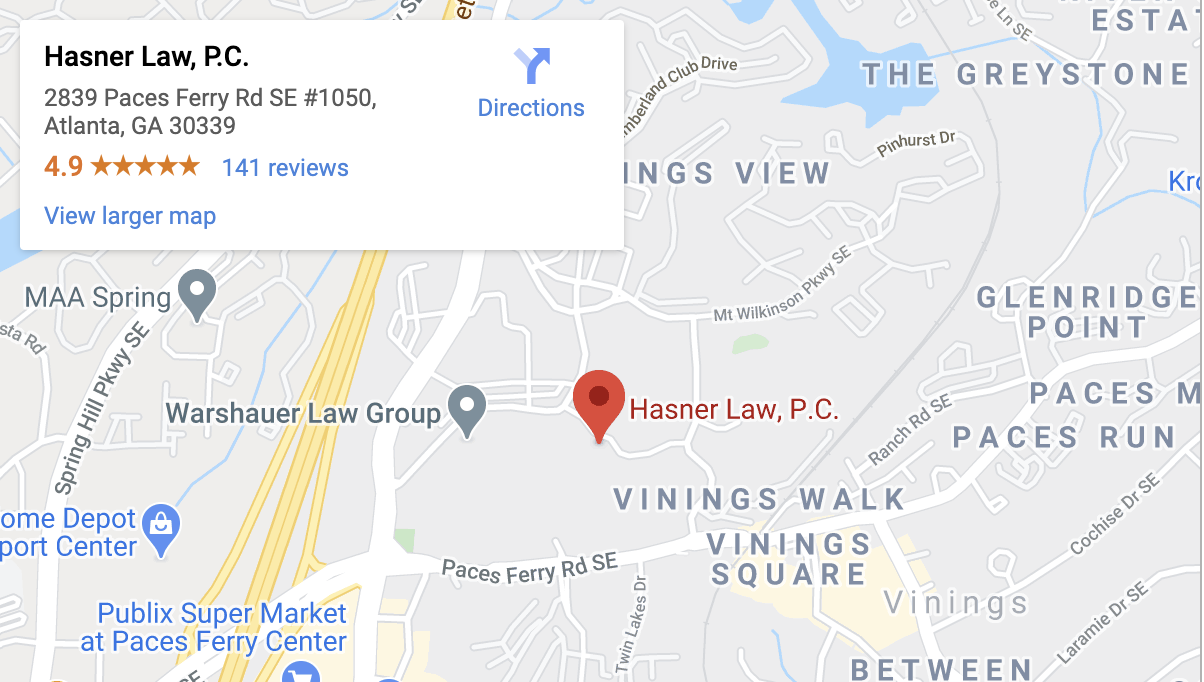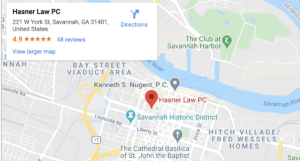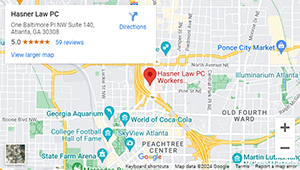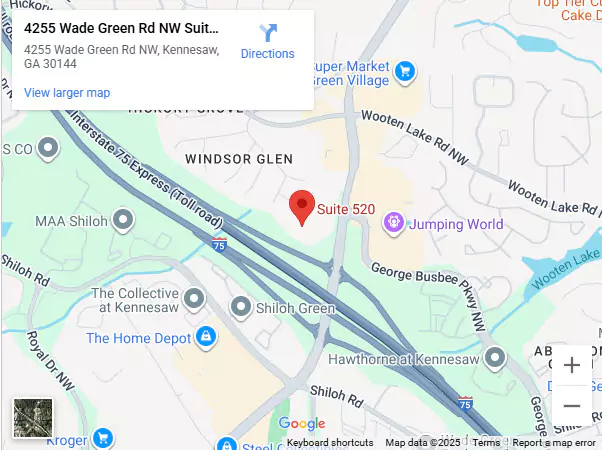What is Discovery?

Discovery is the formal process the parties to a lawsuit use before trial to exchange information about the evidence and witnesses they’ll present at trial. It’s necessary to get this information so both parties can prepare for the legal proceeding.
All information “regarding any matter, not privileged, which is relevant to the subject matter involved in the pending action” is available through discovery.
Types of Discovery
Georgia law provides for these methods of obtaining information:
- Requests for Admission
- Interrogatories
- Production of Documents or Other Things
- Inspection of Land or Other Property
- Physical and Mental Exams
- Depositions
Each has its own procedures and rules.
Requests for Admission

This discovery method involves one party asking the other, for purposes of the trial only, to admit the truth of any relevant questions. The purpose is to save the parties time by agreeing to the undisputed facts. For example, say that there is a car accident. Paul runs a red light and hits Karen’s car and injures her.
One very relevant fact to the lawsuit is whether Paul ran a red light. Karen’s attorney might send Paul (or his attorney) a request for admission stating, “admit that you ran the red light.”
In some cases, this would be a heavily disputed issue and could determine which party was at fault. However, there may be times where Paul would admit he ran the red light. Perhaps, he admitted it to Karen and to the police at the accident scene. Or maybe a traffic camera or nearby business’s camera clearly shows it on video. In both cases, it may save everyone’s time to admit Paul ran the red light and focus on other disputed issues, like the extent of Karen’s injuries.
Whether or not to admit to a fact requires serious consideration by a party’s attorney.
Interrogatories
These are lists of written questions that one party sends to the other. They are generally used early in the process to establish basic information. For example, in a car accident case, a defendant may submit interrogatories to the plaintiff, one of which might ask: “did you have any chronic injuries prior to the accident?”
Most states limit the number of interrogatories a party can ask another party. Attorneys may help draft their clients’ responses to interrogatories.
Production of Documents or Other Things
This discovery tool requests that a party make documents or other items (like a computer disc) available to the other party.
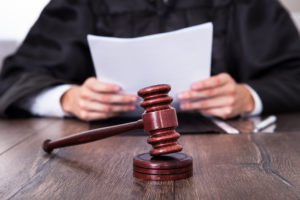
For example, in a wrongful employment case, the plaintiff may request that the defendant company produce all the plaintiff’s annual performance reviews and any emails mentioning the plaintiff’s name and their supervisor in the same correspondence. This discovery tool is available for use with non-parties as well.
Inspection of Land or Other Property
Inspection of land allows the other party’s attorney and expert witness to view land when it is relevant to the lawsuit. For example, perhaps there is a water rights lawsuit where the defendant is alleged to have diverted water from a creek into a reservoir on their land. The plaintiff’s attorney and expert witness can request the defendant to provide access to their land for the purpose of inspecting the alleged diversion and reservoir.
Physical and Mental Exams

Most discovery happens between the parties without court intervention. However, due to the privacy concerns of medical conditions and information, a party must request a court order to have their expert examine the other party. An exam may be helpful if a party is otherwise uncooperative.
For example, say that a critical issue is whether the defendant has a tattoo on their lower back. This question is asked of the defendant with an interrogatory and verbally at deposition. The defendant refuses to answer, citing privacy concerns. A court may order the defendant to present themselves for an inspection by the other party’s representative.
Depositions
A deposition is verbal testimony provided under oath. At a deposition, a party or a third-party witness is asked questions by another party’s attorney. The testimony is transcribed, and there is a written record of it.
In addition to the gathering of testimony, depositions serve other purposes:
- Accountability. It makes a witness wary of changing their testimony during trial. If they state during a deposition that they saw the defendant run a red light and then at trial testify that the plaintiff ran a red light, the witness can be confronted by their deposition testimony while on the stand.
- Unavailable witness. Sometimes a witness doesn’t appear at trial – they may have died or become drastically ill. In this case, their deposition testimony can be used in place of their live appearance.
- Time. It can take years for a case to get to trial. A witness may legitimately experience a loss of memory. A deposition allows the witness to provide information while it is still fresh in their mind.
Duty to Amend
A response to discovery does not end once it is sent to the opposing party. There is a duty to amend a response in certain circumstances, including:
- Change. Sometimes a response, though accurate when made, is no longer true. If a party fails to amend their answer, the court may consider it to be a knowing concealment.
- Mistake. There was simply a mistake in either an answer or the transcription of an answer. The lawyer representing the party must amend the answer to be correct.
Although this duty to amend exists by itself, parties may send each other requests for supplemental responses.
Legal Help is Recommended
If you are a party to a lawsuit, your lawyer’s assistance is crucial to optimizing your chances of a positive outcome. If you’re a non-party witness, you should seek legal counsel when being asked to produce documents or attend a deposition. Our team of experienced attorneys in Atlanta is here to help you through the discovery process.




